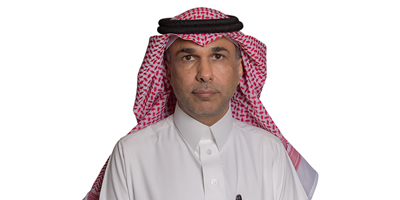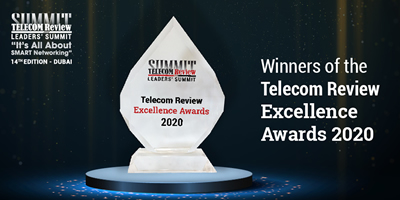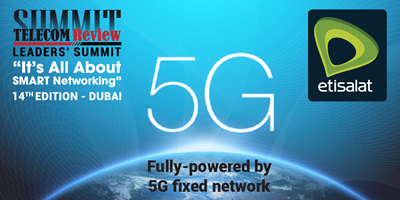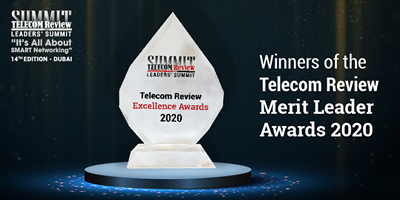Surging demand for bandwidth-intensive communication services during the COVID-19 pandemic has exposed the urgent need to bridge digital divides, according to a new OECD report.

Reports and Coverage
SES wins ‘Best Satellite Operator’ at Telecom Review Summit
At the 14th edition of Telecom Review Summit, the ICT industry’s biggest event in the Middle East, SES won ‘Best Satellite Operator’. This year’s Summit was organized both physically and virtually due to the ongoing pandemic, allowing panelists and attendees to participate in the hybrid event from anywhere in the world.
Eng. Nasser Al Nasser resigns post as stc CEO
Saudi Telecom Co. (stc) has announced the resignation of their CEO, Eng. Nasser Al-Nasser on 28 November, due to personal circumstances.
The winners of Telecom Review Excellence Awards
This year saw a record number of nominations for the Telecom Review Excellence Awards. The winners were announced on the evening of November 18th during a gala dinner at the Meydan Hotel, Dubai, UAE.
ITU approves technologies used for 5G commercial deployment
The radio interfaces that will be used in full-scale commercial deployment of fifth generation mobile communication networks have achieved global validation with the successful evaluation by ITU of three new technologies that conform to the International Mobile Telecommunications 2020 (IMT-2020) vision and stringent performance requirement.
Telecom Review hosts historic 5G-powered hybrid event for its 14th edition
The 14th edition of the Telecom Review Leaders’ Summit, the global ICT industry’s largest event, was held both physically and virtually this year.
Verizon awarded ‘Best North American Wholesale Operator’ at Telecom Review Summit
At the Telecom Review Summit 2020, the Middle East’s largest ICT gathering, Verizon was awarded the ‘Best North American Wholesale Operator’ This year’s Summit was organized both physically and virtually due to the ongoing pandemic, allowing panelists and attendees to participate in the hybrid event from anywhere in the world.
Telecom Review honors ICT leaders with prestigious awards
The most anticipated ICT Summit of this year was held on November 18th at the Meydan Hotel in Dubai and was broadcasted live over Zoom. The 14th Telecom Review Leaders’ Summit was both physical and virtual which allowed panelists to join the panel discussion in The Meydan Hotel, Dubai from anywhere in the world and all panels and keynotes were watched online at the same time by hundreds of registrants.
Western Union buys 15% stake in stc digital payment unit
Western Union, global money transfer firm, has acquired a 15 percent stake in the digital payment unit of stc for $200 million.
TRA UAE participates in roundtable to discuss the future of fiber
The Telecommunication Regulatory Authority (TRA) attended the roundtable session organized by the SAMENA Telecommunications Council entitled “Building Fiber-optic Connectivity Corridors for Digital Economy: Lighting Up a Fiber Future”, with participation of key leaders and personalities from the ICT industry worldwide.

















